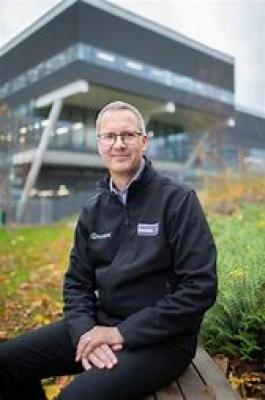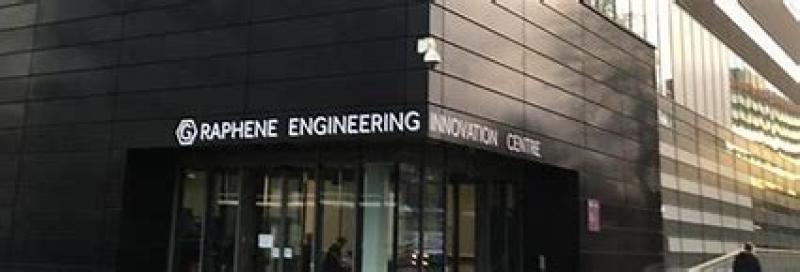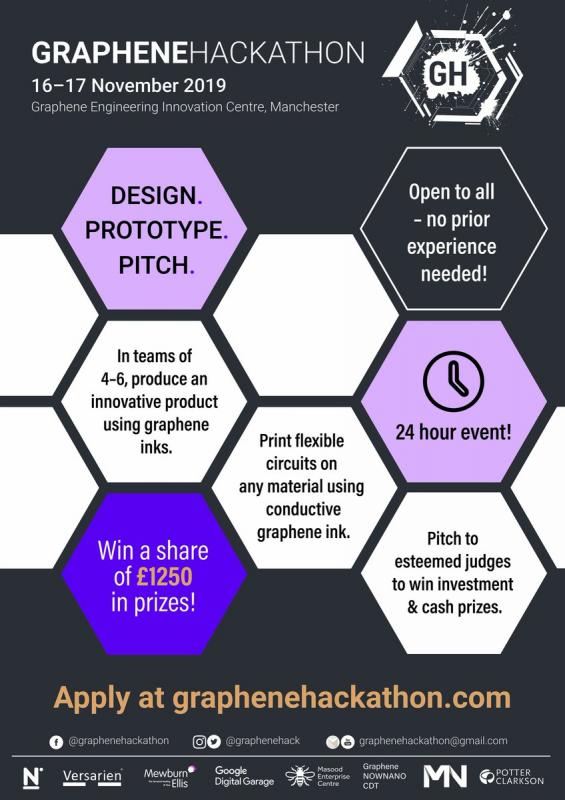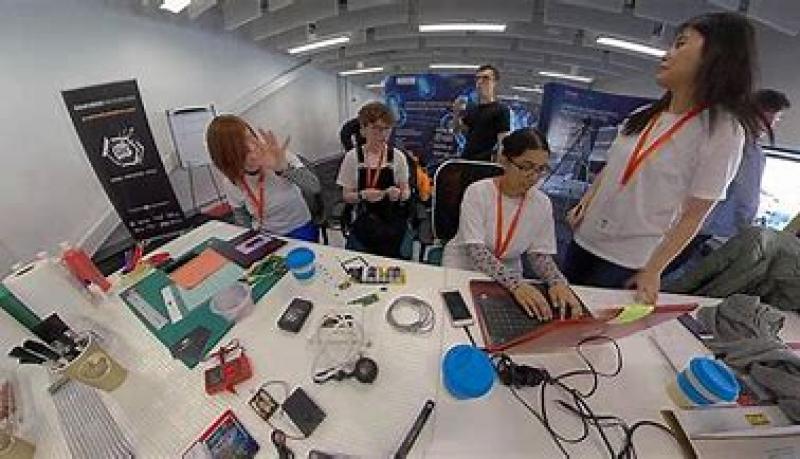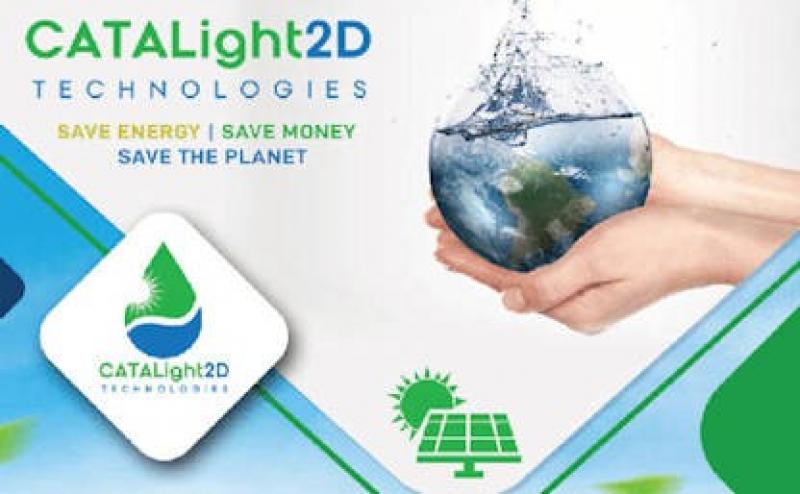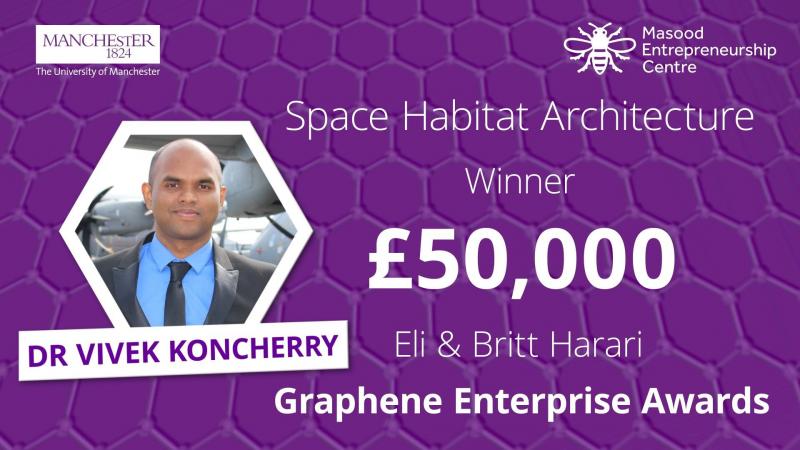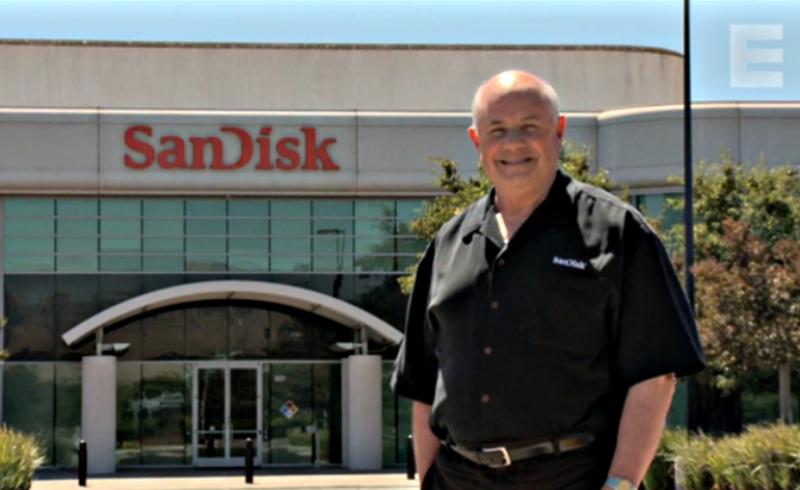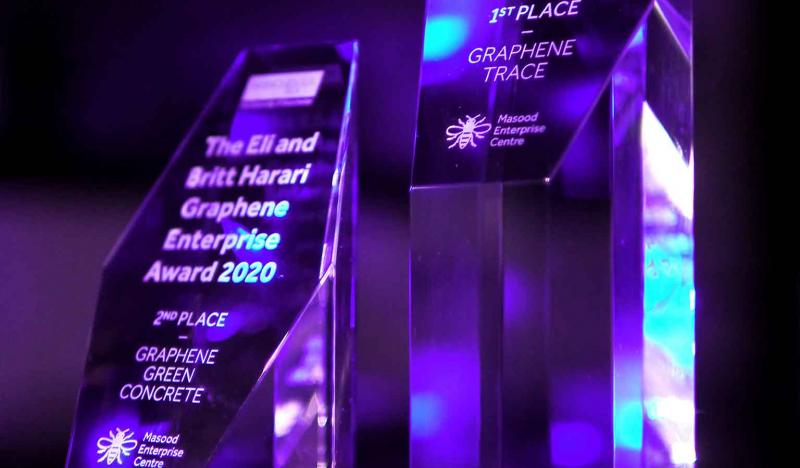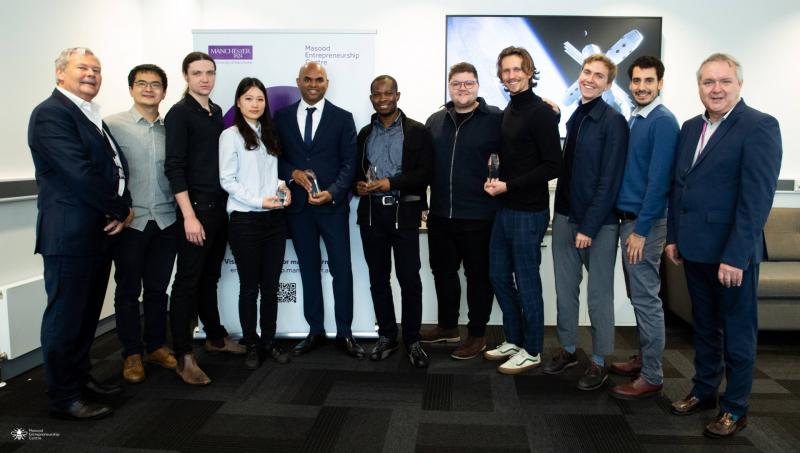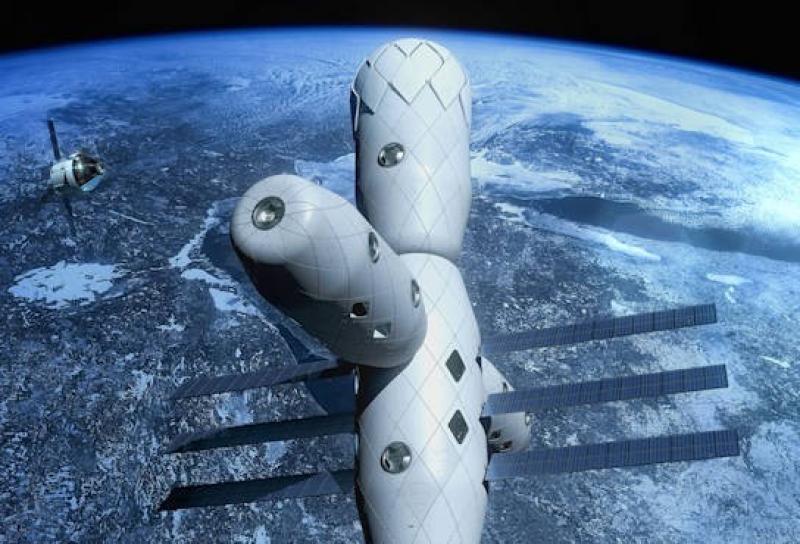The Eli Harari Award empowers students, postdoctoral researchers, and graduates at The University of Manchester to establish new companies involving graphene and 2D materials. Significant prizes are awarded to individuals or teams who can best demonstrate how their technology relating to graphene could be applied to a viable commercial opportunity. Applications are judged on the strength of their business plan to develop a new graphene-related business.
The award seed funding allows the candidate to take the first steps towards realising their plan. It recognises the role that flexible early-stage financial and business support plays in the successful development of a business targeting the full commercialisation of a product or technology related to research. An additional prize is given for the best sustainable development idea aligned with the UN SDG’s.
Over nine years it has evolved to bring together the synergies of the university entrepreneurship education and technology transfer offices, graphene experts, senior alumni, the city region, Nobel researchers, students, and graduates as well as government, UK and EU and private funding sources, angel and VC and intellectual property lawyers.
This unique synergy of entrepreneurial education, peer led hackathons and information sessions led across a range of partner inputs promoting competition visibility provides an accelerated pathway delivered by experts to synthesise the opportunity and talent. Access to significant awards and wraparound support for a year after winning including links to private and public sector funds and state of the art co-creation facilities and global exposure is usually beyond a start-up’s capability.









